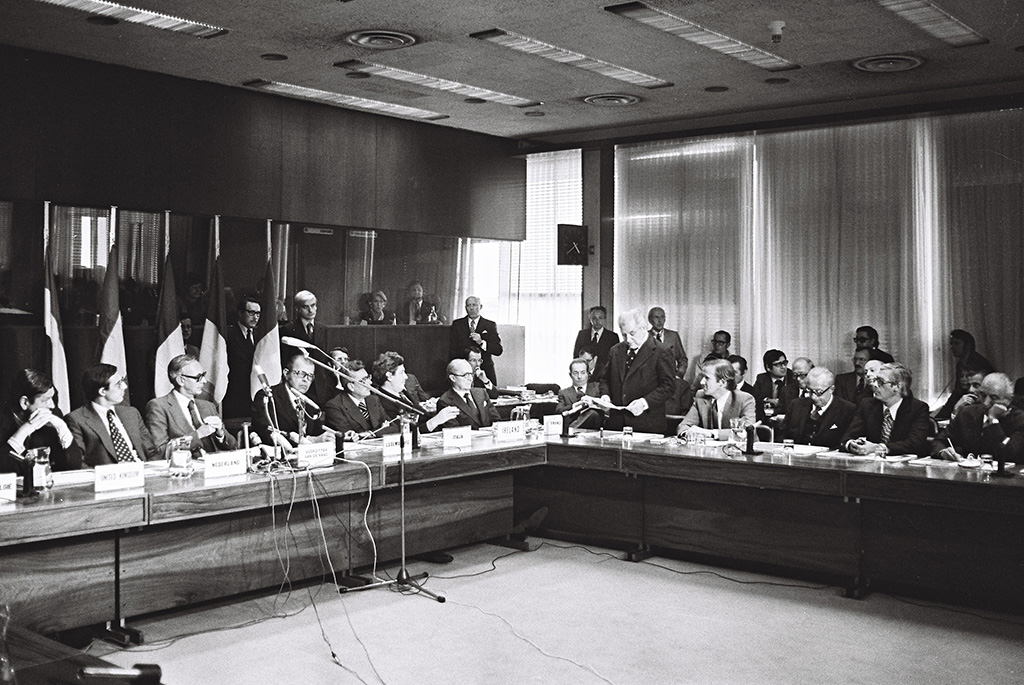19. THE SETTLING IN OF THE COLD WAR


VERY POSITIVE DEVELOPMENTS IN EUROPE
 New Democracies in Spain, Portugal,
New Democracies in Spain, Portugal,and Greece
 Expansion of the European Unity
Expansion of the European Unity
Movement
 Direct elections to the European
Direct elections to the European
Parliament
 Britain finally joins the European Union
Britain finally joins the European Union
(1973)
NEW DEMOCRACIES IN SPAIN, PORTUGAL AND GREECE |
|
Spain
By the late 1960s the health of Spain's dictator Francisco Franco was clearly failing -- and he had to answer the question of an heir-apparent. He named the young prince Juan Carlos as his successor as head of state and thus future king of Spain. Then in 1973 he turned over the premiership to his long-time supporter Admiral Luis Carrero Blanco. But Carrero Blanco was assassinated at the end of that year and Carlos Arias Navarro was appointed premier. But a deep struggle struggle was opening up between the conservatives and reformers in Spain. Also the long-standing autonomy or independence movement of the Basques and Catalans was heating up. In November of 1975 Franco died and Juan Carlos was crowned king. It was assumed by the conservatives that he would continue the Francoist policies for he had been groomed by Franco for just that purpose. But Juan Carlos soon made it clear that he wanted Spain to join the rest of Europe as a democracy -- and began to encourage the opening up the Spanish political process to true electoral politics by means of universal suffrage. By 1977 Spanish politics under the premiership of Adolfo Suarez (Spanish Prime Minister: 1976 -1981) had taken on a Western look with two key parties, the Union of Democratic Center and the Spanish Socialist Workers' Party being the prime contenders in the national elections. In 1978 the Spanish Parliament (Cortes) issued a new constitution and Spain became officially a constitutional monarchy. |

Generalissimo Francisco Franco Bahamonde - long-reigning Spanish Caudillo (dictator) 1936-1975
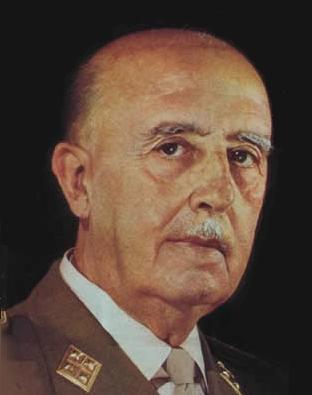
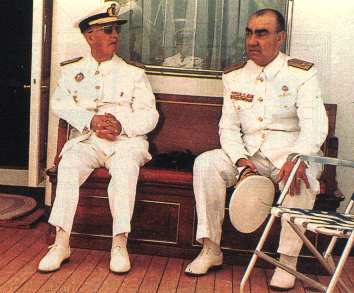
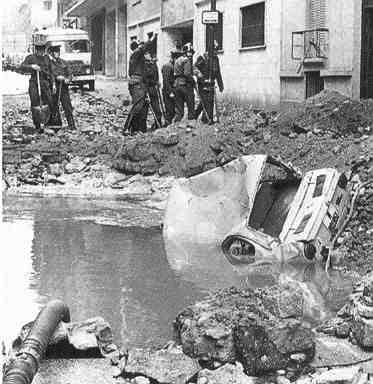
Spanish dictator Franco's
heir Carrero Blanco killed when his car exploded – December
1973
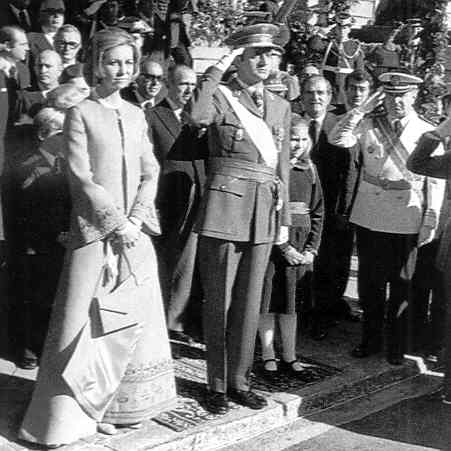
Prince Juan Carlos crowned King of Spain – November 1975
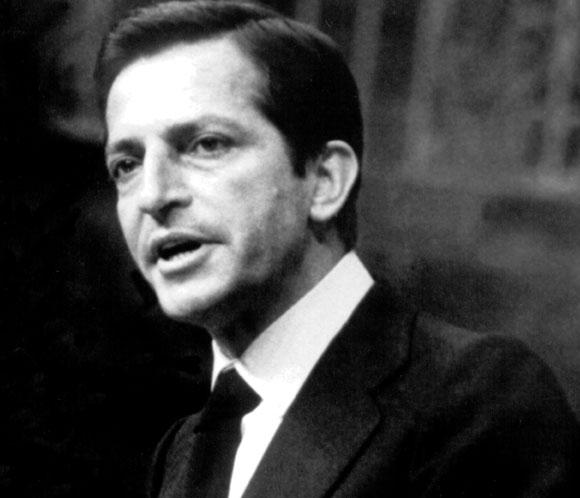
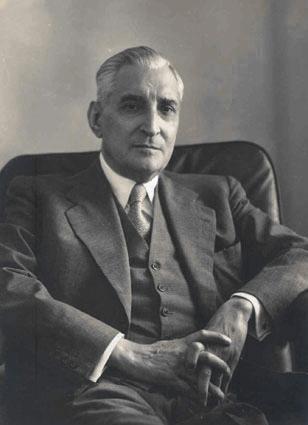
Antonio do Oliveira Salazar ... also long-reigning Prime Minister of Portugal (1932-1968) and ruler of the "New State" which controlled Portuguese politics from 1926 to it was overthrown in 1974
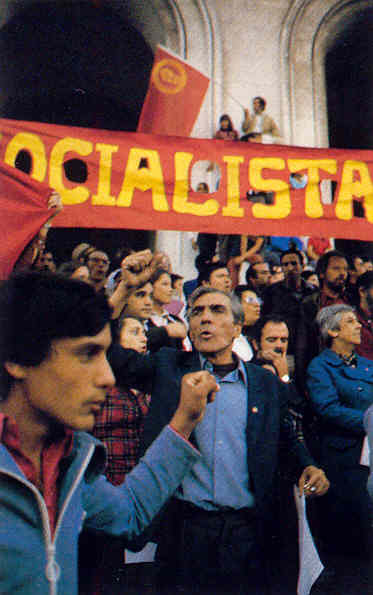
The Portuguese uprising
("Carnation
Revolution" – April 25, 1974) led by Leftist military officers against the "New State"
dictatorship (and its increasingly unpopular colonial wars in Angola and
Mozambique)
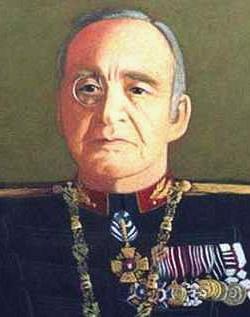 Gen. Antonio de Spinola
(above) headed the Portuguese National Salvation Junta
(May-September
1974) and was replaced by Gen.
Francisco da Costa Gomes (below)
(Sep. 1974-July 1976) as Portuguese President
Gen. Antonio de Spinola
(above) headed the Portuguese National Salvation Junta
(May-September
1974) and was replaced by Gen.
Francisco da Costa Gomes (below)
(Sep. 1974-July 1976) as Portuguese President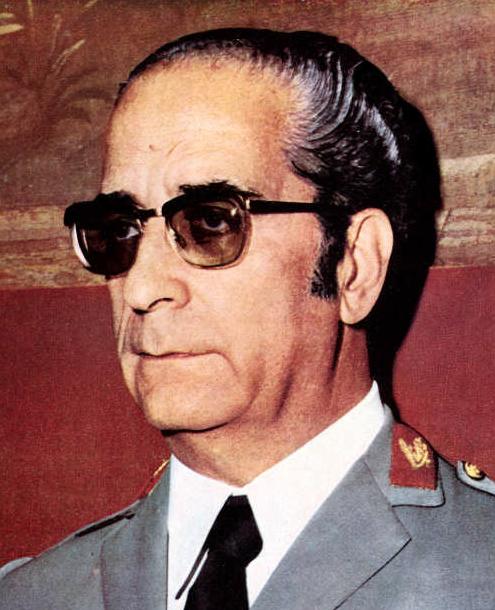
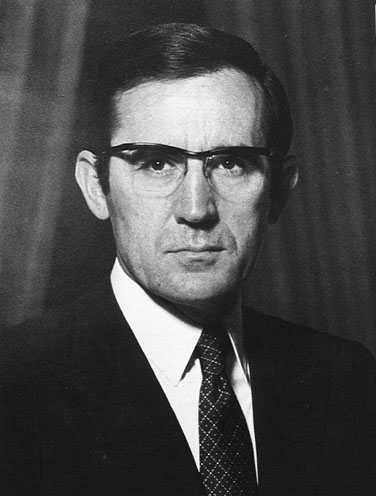
Free elections in 1976 brought Gen. Antoniao Ramalho Eanes to the Presidency (July 1976-March 1986) – marking the transition to full democracy in Portugal
Greece
|
The collapse of the Greek military junta - July 1974
The Turkish military invasion of Cyprus ... and the failure of the Greek military to offer a strong response ... brought about the collapse of a seven-year military junta ... led at that point by Dimitdrios Ioannidis. On July 23, 1974 Ioannidis simply stepped down from power ... and called for a new government, one able to unify and thus strengthen Greek government. The following day, exiled political leader konstantin Karamanlis was flown to Greece from Paris on French President Giscard d'Estaing's presidential plane ... and proceeded to assemble a government of national unity. The day after than negotiations with the Turks got underway in an effort to resolve the Cyprus conflict. Less than a week later the Greeks and Turks came to an agreement on the matter ... arranging a territorial division of Cyprus to become operative after mid-August. Things then quickly settled down in Greece. National elections were held in mid-November and then in early December a referendum was held to decided whether Greece was to continue as a kingdom under King Constantine II or to become a new republic. 62.9% voted in favor of the republic, 30.0 voted in favor of retaining royal rule. Thus Greece became the "Hellenic Republic." |
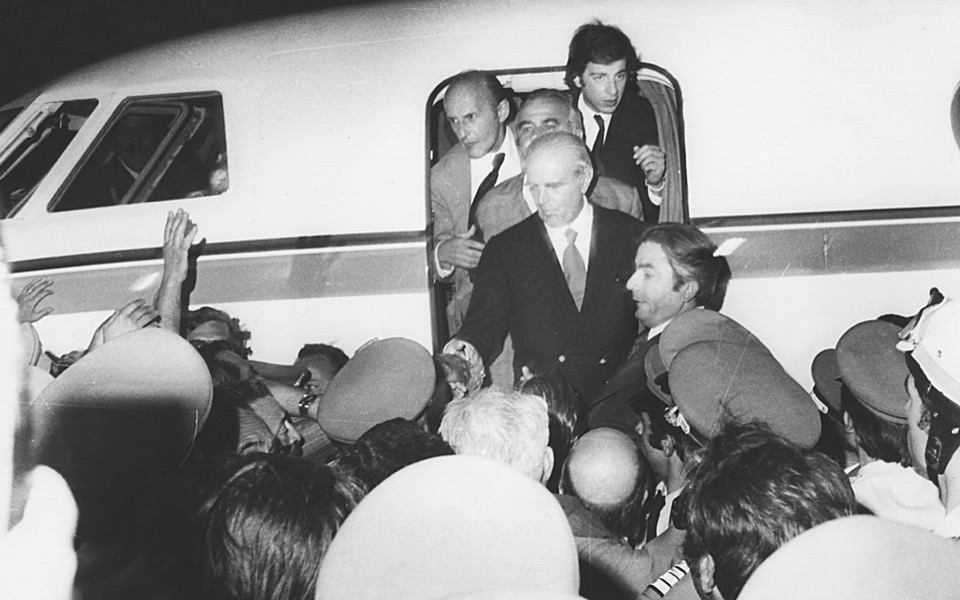
Konstantin Karamanlis was returned to Athens from his Paris exile
to form a government of national unity - July 24, 1974
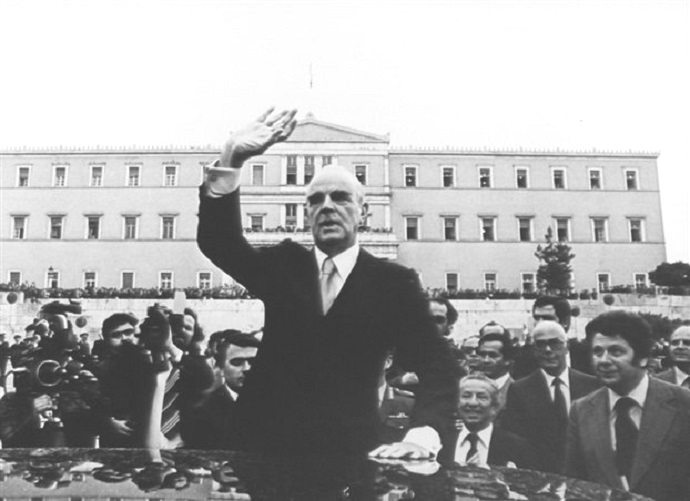
EXPANSION OF THE EUROPEAN UNITY MOVEMENT |
| In
1961, Britain, Denmark and Ireland applied to join the Common Market
... and the next year Norway did the same. But De Gaulle, feared
greatly that Britain's entry into the Common Market would both dilute
France's leading role ... and expand American influence in Europe via
its close ally Britain. He thus vetoed Britain's entry ... and
caused the applications of all four countries to be suspended. All four
would try again in 1967 ... but not have the French veto lifted until
Georges Pompidou had replaced De Gaulle in 1969. Greece joined the EEC in 1961 ... but then had its membership suspended in 1967 when a junta of Greek colonels took control of their country. Likewise Spain's application in 1962 was rejected because Spain was still controlled by the dictator Franco.
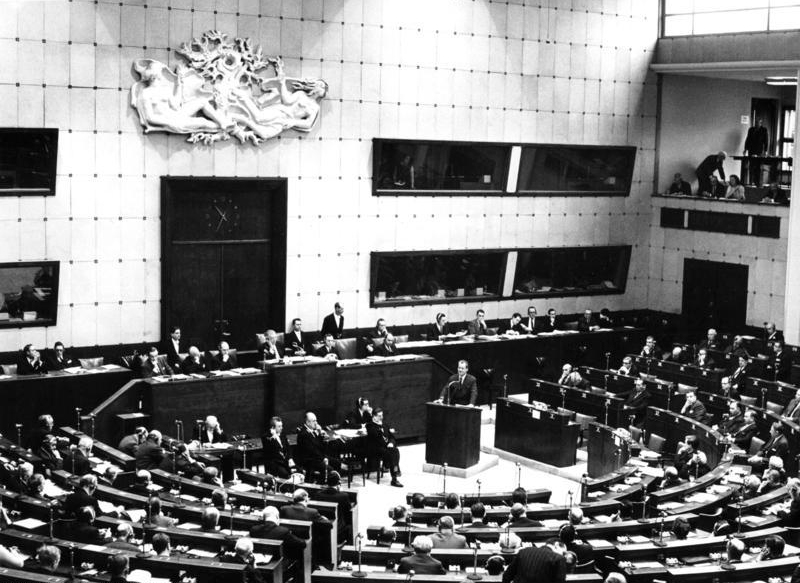 January 1967 - German Chancellor Willy Brandt speaking before a session of the European Parliament in Strasbourg
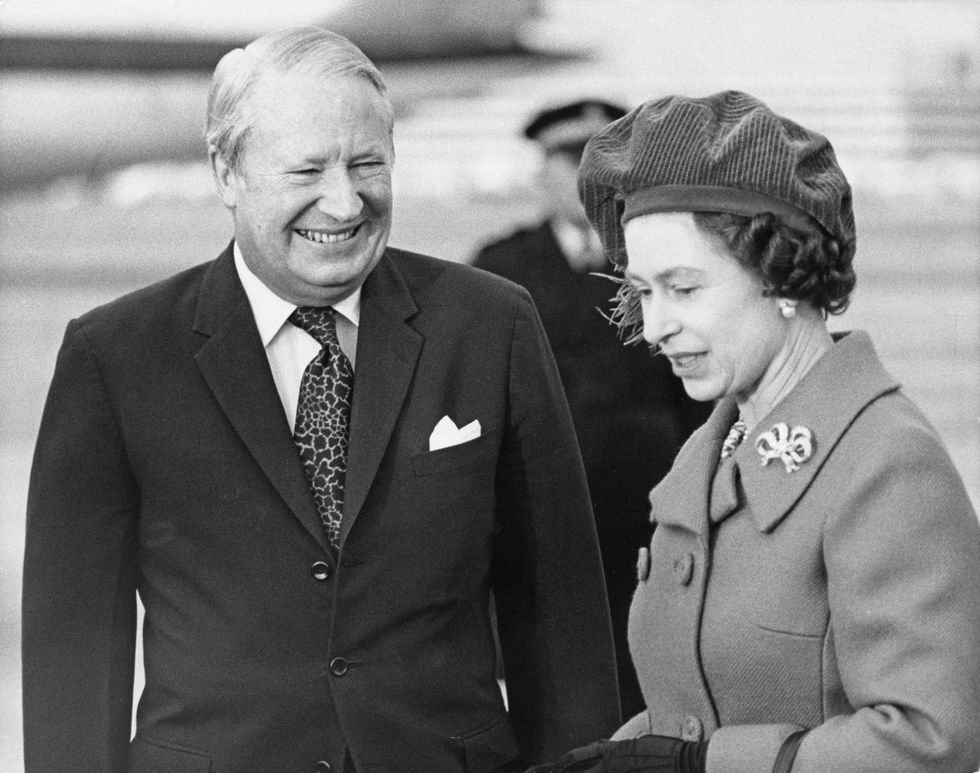 Queen Elizabeth with Conservative Party Prime Minister Edward Heath (PM: (1970-1974) 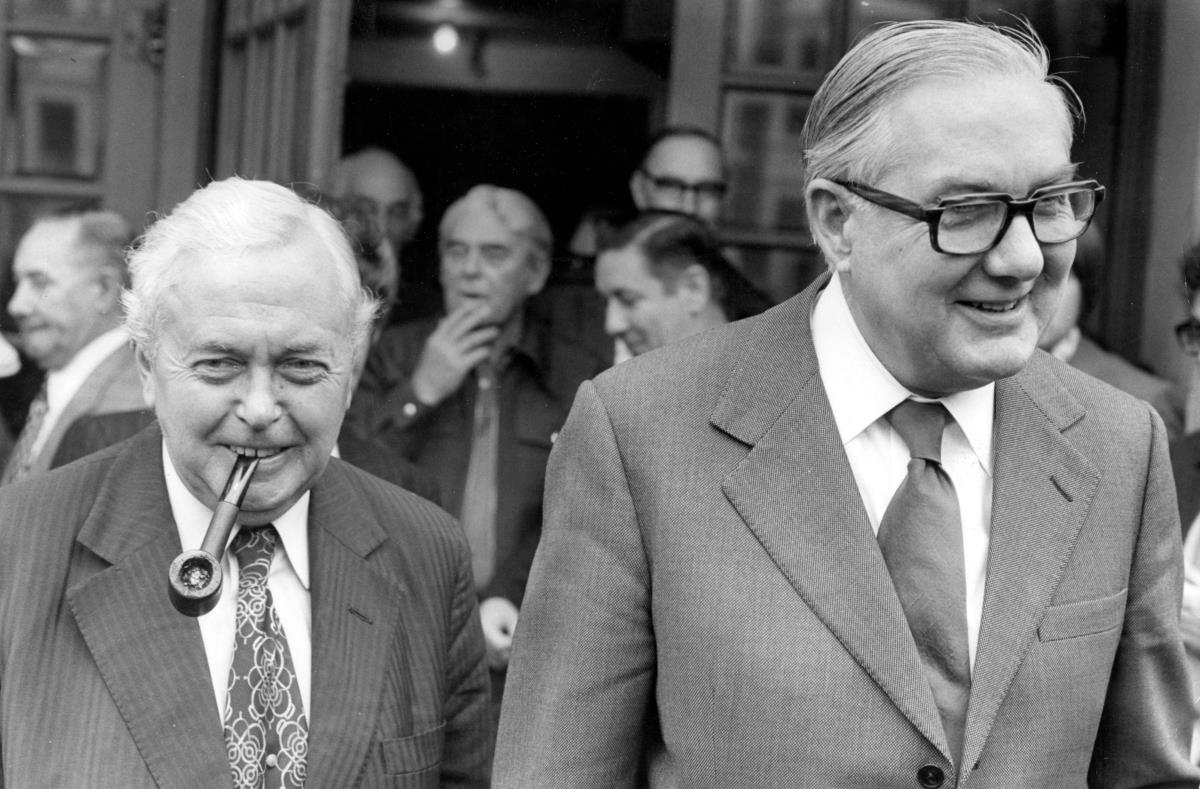 Labour Prime Minister (1974-1979) James Callaghan (right) with former Prime Minister Wilson 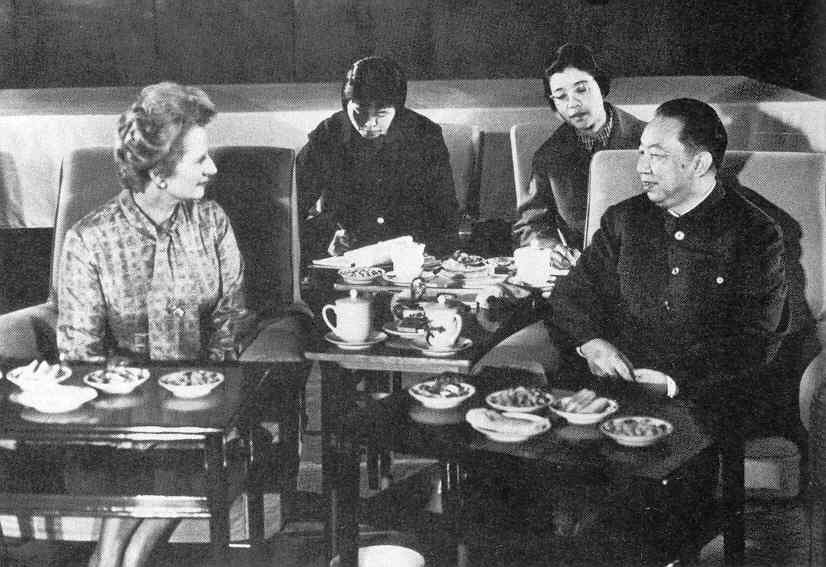
Margaret Thatcher meets with Hua Kuo-feng in China ... at that time merely the leader of the opposition British Conservatives – having deposed Heath from the party's leadership in 1975 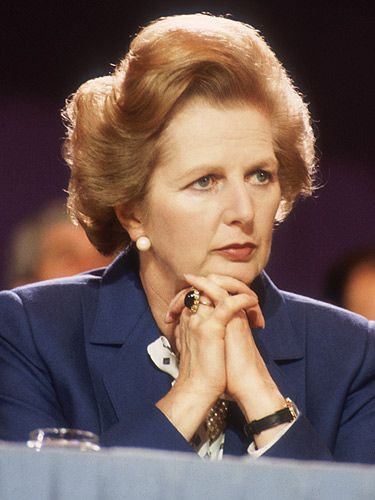
Margaret Thatcher – British Prime Minister – May 1979. She would soon come to be known as "The Iron Lady"  Go on to the next section: But Serious Problems Arise Elsewhere in the World
 |
